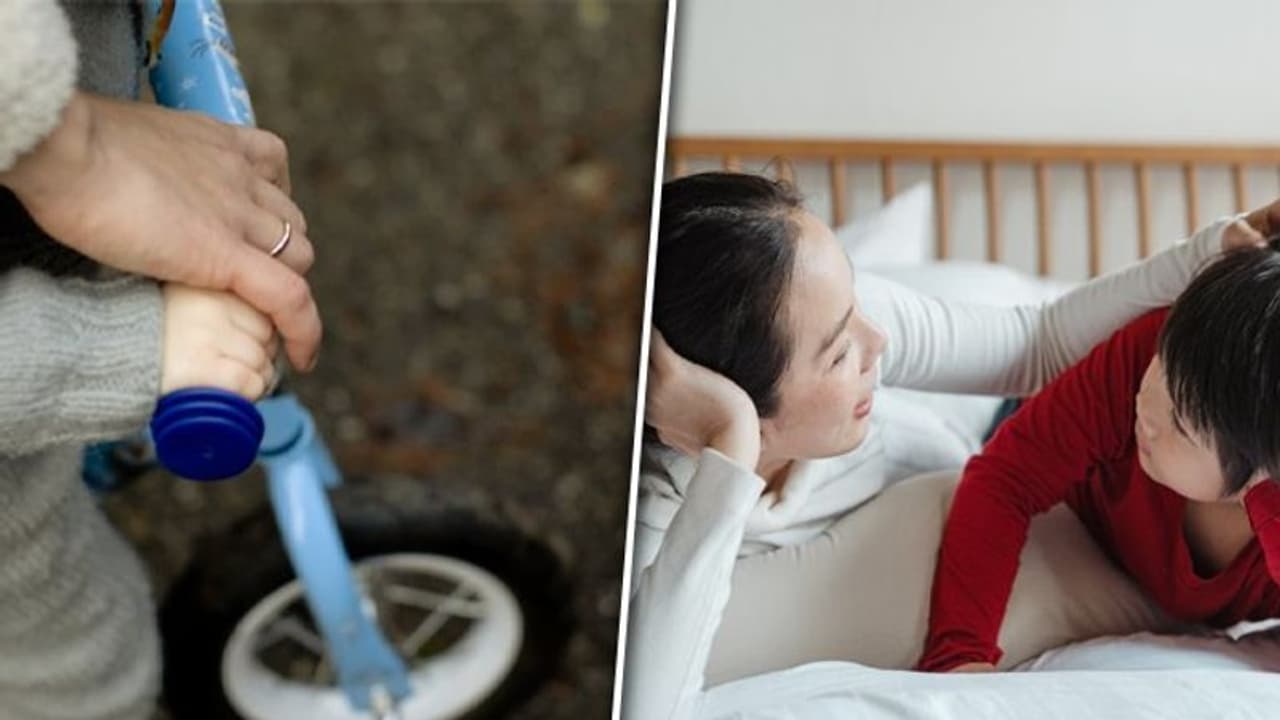Empower your child with knowledge about good touch and bad touch. Learn about these critical moments to introduce this important concept ensuring their emotional and physical safety. Start building a safe space for a lifetime of self-awareness. by Leona Merlin Antony
The safety and well-being of our children are our main priority as parents and caregivers. Educating them about good touch and harmful touch is an essential part of preserving their innocence and fostering their confidence. Children who are given this knowledge are better able to recognize and handle potentially dangerous circumstances. Introducing the idea of good contact and harmful touch to a kid at these six important moments in their development can help establish the groundwork for a lifetime of safety and self-awareness.

1. Beginning Early
You can begin educating kids about limits and permission as early as the toddler years. Introduce the idea of personal space and the distinction between safe and hazardous touches using language that is appropriate for the child's age and simple explanations.
2. Before Starting School
This is the most important point to educate your child about bad and good touch. This is because school is the first place your child is going to encounter a big number of people outside the family. Make sure they understand their body autonomy and teach them to say "no" and stand up against any uncomfortable actions that occurs.
3. 8-10 Years Old
This is the prime age when you can healthily educate them about their private parts. You can answer their doubts and concerns patiently. If your child opens up to you about any past encounters, understand that it might be a shocking moment for them as well as you. You can seek professional advice if needed, to reduce the development of trauma.
4. Entering Adolescence
This is the toughest age group to educate about this since most of them have received varied knowledge from outside sources. Appreciate them for the understanding they have in it and correct the ones which may come off as unhealthy. You can talk to them about the importance of personal boundaries, and relationship consent as well.
ALSO READ: Unveiling India's Sporting Heritage: 6 traditional sports and games
5. The Later Ages
This time period requires a lot of mindful and conscious learning from the parent's side as well since they have entered a phase where they are capable of making decisions for themselves. Make sure that are not misunderstanding any unhealthy physical interactions as okay. They must know that their parents will be there for whatever help they need. Advise them to seek professional help in any situations which seem difficult.
6. Updating your Resources
It is very important to keep yourself well-informed about the changes that happen around us. Learn to be adaptive to constant change and generational differences. Having "the talk" with your children is not a one-time instance, but an ongoing process. Be the supportive mentor in their life whenever they encounter a situation they do not deserve.
